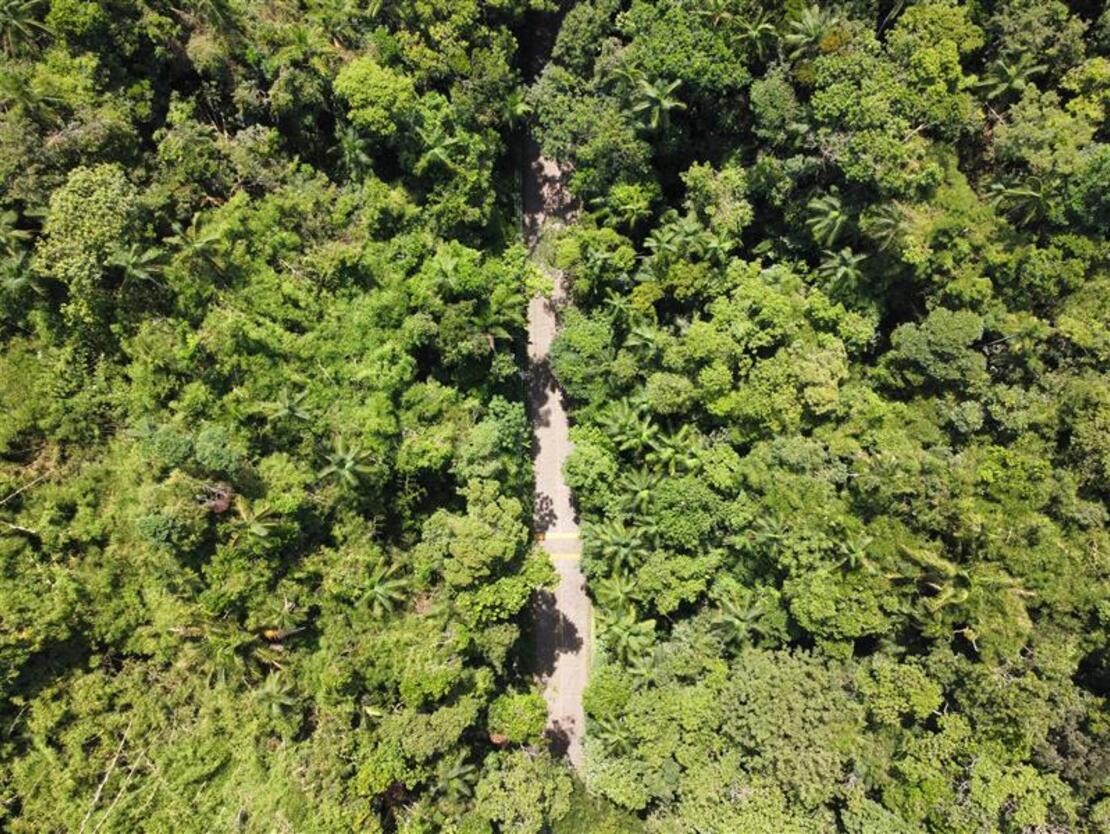Upcoming international events relevant to the UN Decade on Ecosystem Restoration: Summer 2025
As summer 2025 progresses, the IUCN-led UN Decade Science Task Force (STF) has collated a list of upcoming international events relavant to conservation and restoration practitioners.

The United Nations Decade on Ecosystem Restoration 2021–2030 (the “UN Decade”) is a global movement aiming to support and scale up efforts to prevent, halt and reverse the degradation of ecosystems worldwide and raise awareness of the importance of successful ecosystem restoration. The vision for the UN Decade is to ensure the health and wellbeing of all life on Earth and that of future generations. This will be achieved by restoring the relationship between humans and nature, increasing the area of healthy ecosystems, and ending ecosystem loss, fragmentation, and degradation.
The Science Task Force (STF), established under the leadership of IUCN, has the goal to provide an authoritative scientific reference point for the UN Decade (2021–2030). It provides scientific knowledge for the UN Decade´s Advisory Board and Strategy Group, including through supporting or peer-reviewing the work of other Task Forces (on Best Practice, Finance, Monitoring and Youth). This year, there will be several international events - related directly or indirectly to ecosystem restoration and the UN Decade - which STF Members plan to attend.
ICCB - SCB's 32nd International Congress for Conservation Biology
When: June 15-19, 2025
Where: Brisbane, Australia
ICCB is a global forum for addressing conservation challenges and for presenting new research in conservation science and practice. With ~1,500 conservation professionals and students in attendance, ICCB is the major networking event for anyone interested in conservation. ICCB is the premier global meeting for conservation scientists and professionals, including researchers, students, agency personnel, environmental educators, practitioners, and other conservation stakeholders. Attendees gather for lively discussions and scientific presentations on the nexus between biodiversity conservation and genetics, ecology, biogeography, anthropology, history, psychology, economics, conservation marketing, religion, and more.
ESP – Ecosystem’s Services Partnership Conference
When: June 23-27, 2025
Where: Darwin, Australia
The Ecosystem Services Partnership aims to facilitate discussion and cooperation amongst those working in the field of ecosystem services, and its members especially. In order to do so, ESP has organised international conferences annually since 2008. As of 2015 ESP shifted to a bi-annual cycle for the World Conferences, with Regional conferences in the in between year. As we confront the critical challenges of climate change, pollution, biodiversity loss, land degradation and sustainability, Nature-based Solutions (NbS) offer a powerful approach to address these interconnected crises. The 11th ESP World Conference in Darwin will explore pathways to NbS, with a special focus on the insights that local and Indigenous peoples and their value systems can offer.
61st Annual Meeting of the Association for Tropical Biology and Conservation (ATBC)
When: 29 June – 4 July 2025
Where: Oaxaca de Juárez, Oaxaca, Mexico
The ATBC is a vibrant community of scientists, conservationists, policymakers, educators, and students united by a common passion: understanding and conserving tropical ecosystems. Coming from diverse backgrounds and regions, the ATBC members bring a wealth of expertise and perspectives, enriching the collective efforts to understand and preserve the world's tropical biodiversity. The ATBC hosts annual meetings at different locations each year, with the aim to catalyse the exchange of knowledge and collaboration among scientists, decision makers, educators, and social actors working in the Tropical regions of the World.
Disclaimer
Opinions expressed in posts featured on any Crossroads or other blogs and in related comments are those of the authors and do not necessarily reflect the opinions of IUCN or a consensus of its Member organisations.
IUCN moderates comments and reserves the right to remove posts that are deemed inappropriate, commercial in nature or unrelated to blog posts.


